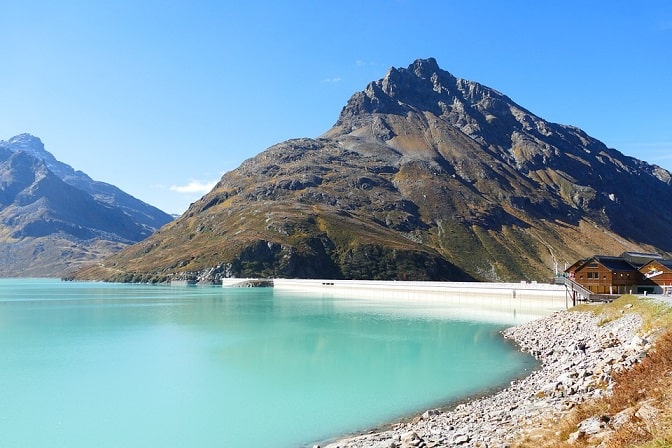Across the globe, usable water is becoming more and more scarce, and unless we do something about it the world is going to see millions more die from water shortages and water scarcity than are currently dying.
Water shortages and water scarcity are already costing millions of lives in Africa and the Middle East, and things are set to become worse. China, for instance, is facing a potential water crisis of major proportions by 2030, and this will add to the problems already experienced in the area. Water shortages will not only lead to deaths from a lack of water, bad sanitation and waterborne diseases, but will also lead to armed conflicts as countries vie for water.
Surface water is becoming scarce due to climate change and a population explosion that means that more water is required for drinking and other personal uses as well as for energy, transportation, agriculture and industry. This has also led to underground aquifers being excessively drained of water.
Groundwater can be found in underground geologic formations or aquifers that channel water to wells and springs. Around 1% of the world’s total water volume consists of saline groundwater which is undrinkable. Also, over-pumping underground water from aquifers can result in once-fresh groundwater being replaced by saltwater.
Desalination, (the process of desalting) of underground water sources can resolve both scarcity and over-pumping problems. In fact, desalinating brackish groundwater is also a far less expensive alternative to processing seawater.
While two methods have been used to desalinate water, namely membrane processing and thermal processing (widely used in the Middle East for more than 60 years), the membrane processing method is generally cheaper and also requires less energy.
Desalination also removes most organic chemicals and microbial contaminants, although the eater produced often needs to be treated with limestone or calcium carbonate to reduce excessive erosion of pipes, valves, and other contact surfaces.
According to the International Desalination Association, there are at least 18,426 desalination plants operating in 150 countries. Desalination does not create an unlimited water supply however, so water conservation is still vital to water sustainability.
Purchase water coolers and rent water coolers from Living-Water.






